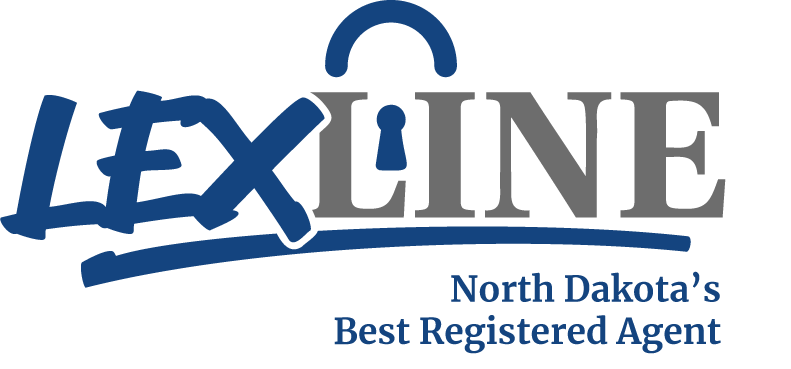A corporation or business ending with “Inc.” has advantages for a business and its owners. Primarily, an incorporated entity protects an owner’s personal assets from liabilities accumulated by the company. A corporation is also the owner of all its assets, rather than the assets being owned by an individual. A corporate entity also eases the transfer of ownership to another party. According to law, an incorporated entity is much like creating a fictional person – it is a separate legal entity with its own rights and responsibilities.
While a corporation insulates an owner from personal liability in most cases, corporations are the most complicated and are highly regulated by state and federal rules and regulations.
The benefit of forming a corporate entity from which to run your business is the entity offers personal liability protection to shareholders. With some exceptions, owners are liable up to the amount they invest in the company, and their personal assets are not subject to losses, except in cases when owners have signed personal guaranties or otherwise pledged personal assets. Generally, sole proprietorships and general partnerships do not offer the same protection and do not insulate the owners from potential liability in the case of a lawsuit.


